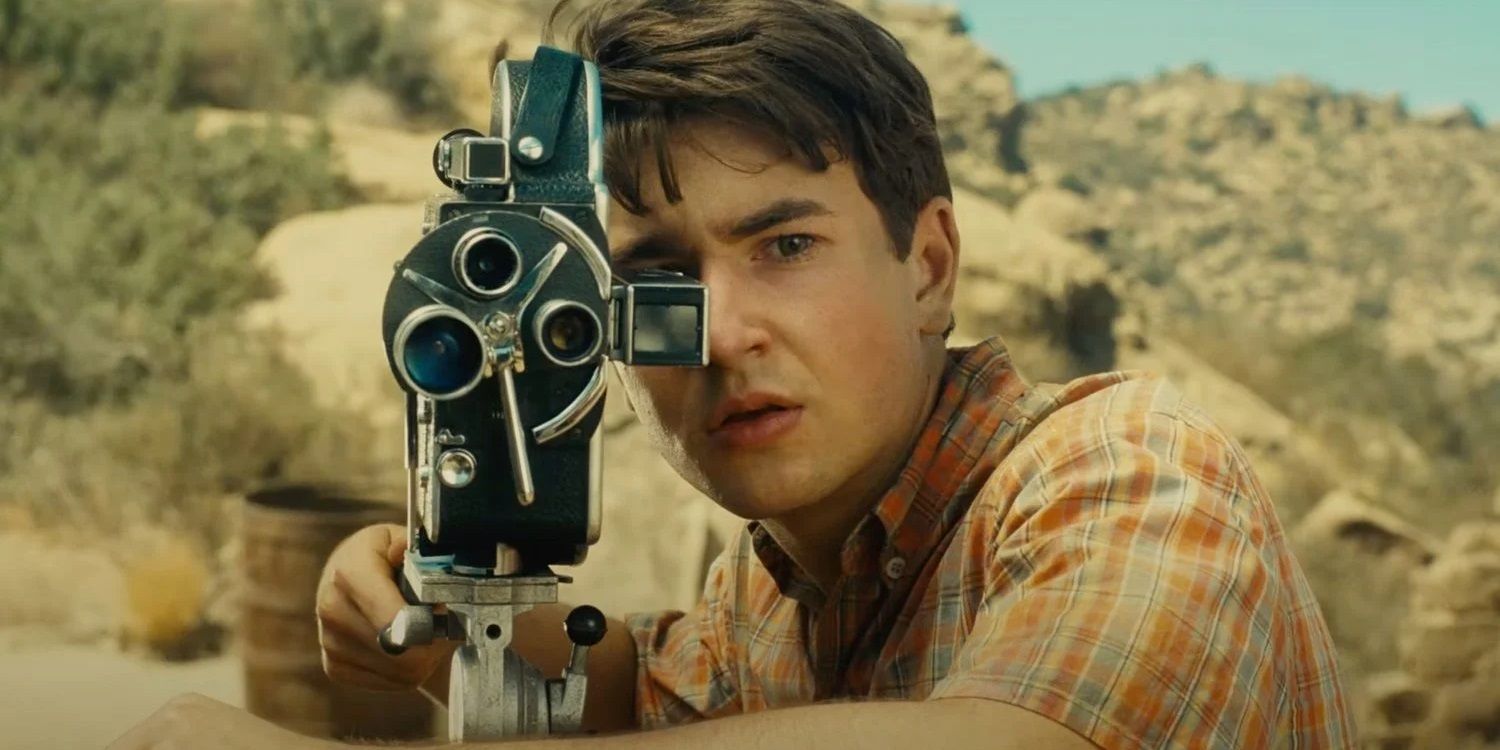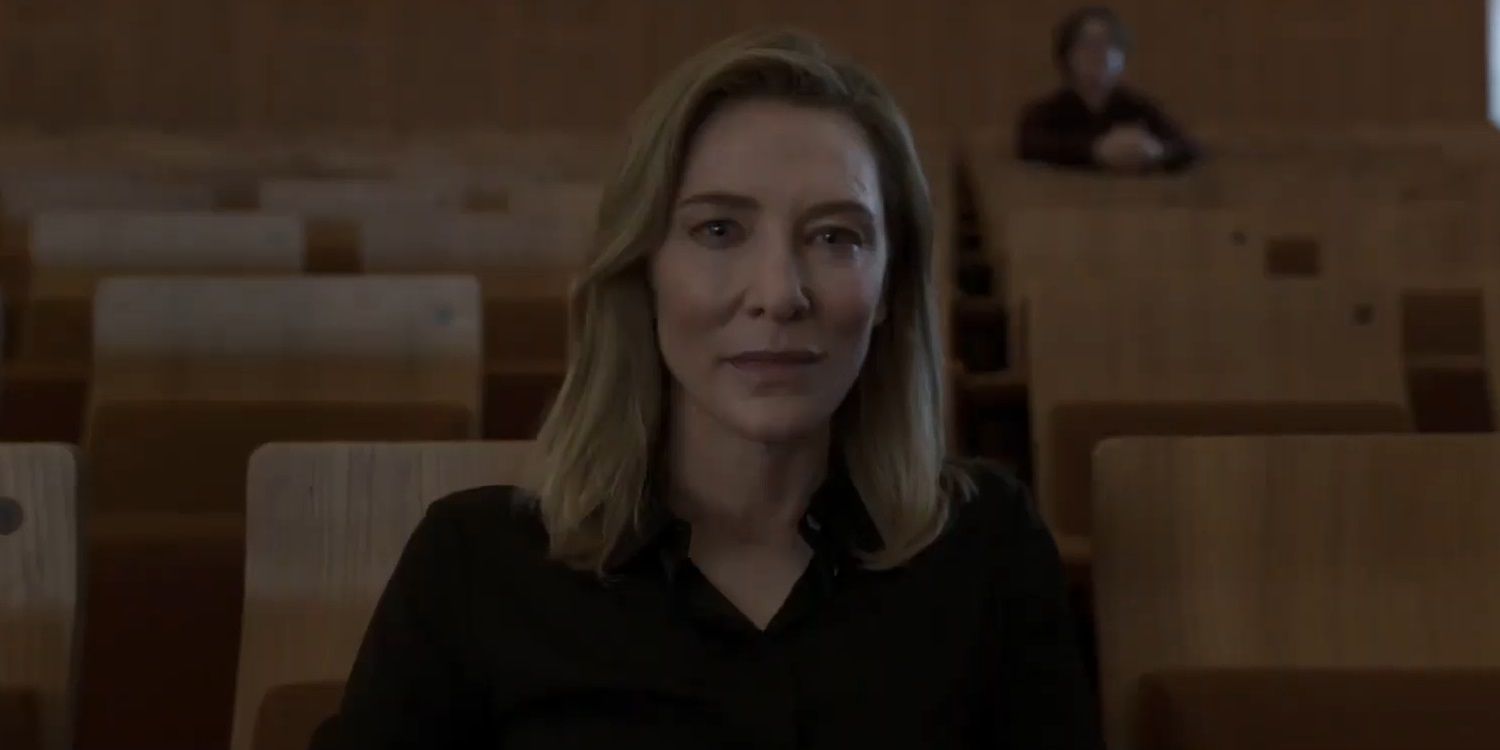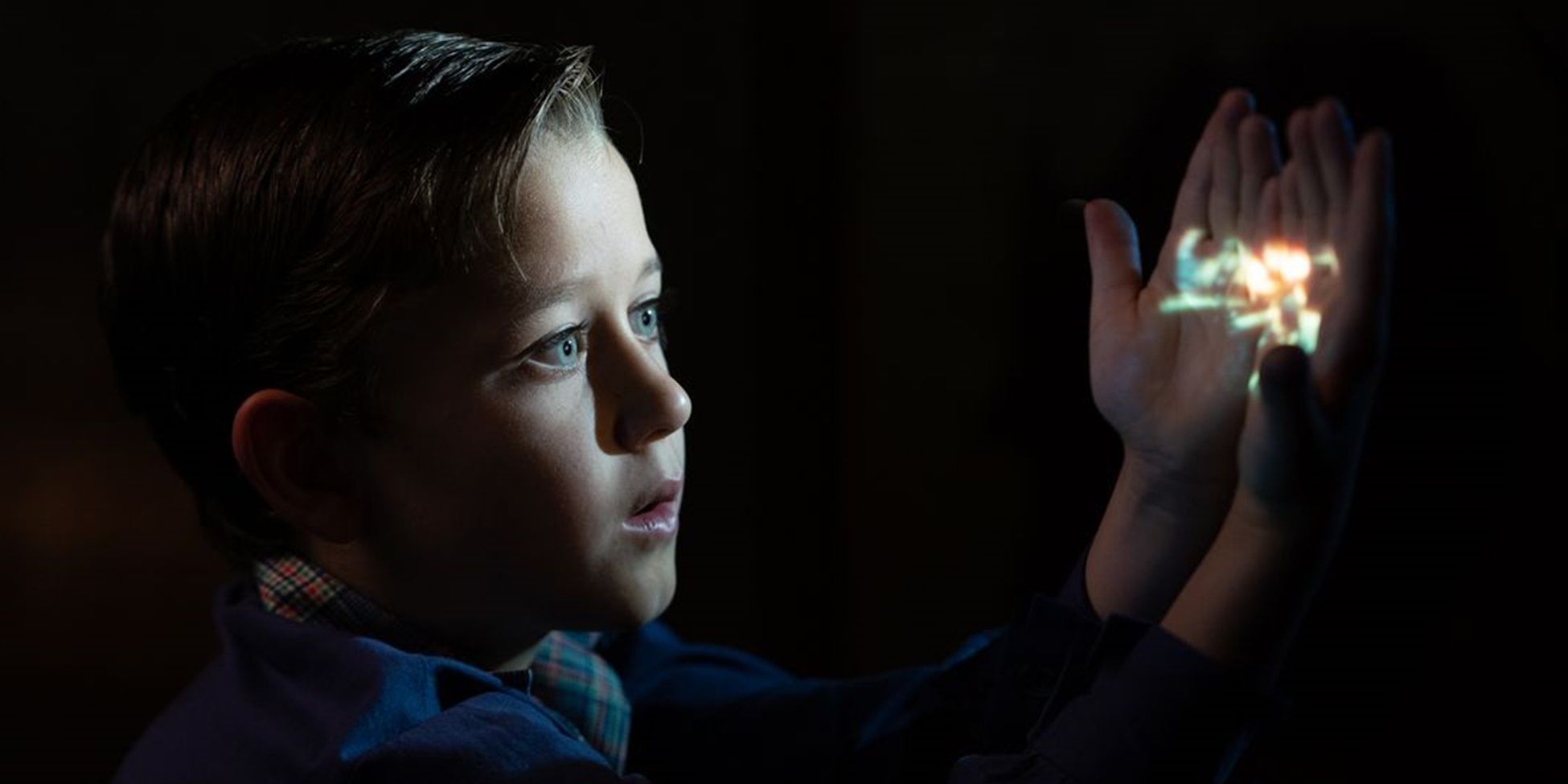While moviegoers have been turning out in droves to see mediocre franchise fare like Black Adam and Jurassic World Dominion, this year’s award contenders have been struggling at the box office. She Said, following the journalists whose reporting of sexual misconduct in the film industry helped to inspire the #MeToo movement, has grossed just over $9 million (per The Numbers) on a budget of $32 million (as reported by Variety). The movie tells a timely tale, it’s been lauded by critics, and it’s shrouded in Oscar buzz, so why is it having such a hard time at the box office?
Steven Spielberg’s autobiographical dramedy about the childhood experiences that led him to a life of filmmaking, The Fabelmans, was produced on a budget of $40 million (as reported by the Daily Mail) and has only grossed a little over $6 million (according to Box Office Mojo). After the underperformance of his West Side Story remake, this is the second year in a row that Spielberg – one of the most renowned and celebrated filmmakers on the planet – has had a universally praised movie primed for Oscar contention bomb at the box office.
These aren’t just unfortunate outliers, either. The Daily Mail reports that, with A-listers like Anne Hathaway and Anthony Hopkins in its cast, awards hopeful Armageddon Time cost its producers $30 million, and according to The Numbers, it made back just $5.3 million. The makers of Tár, starring Cate Blanchett, managed to spend $35 million (also per the Daily Mail) on producing and marketing the low-key story of a composer’s life falling apart, and according to The Numbers, it has enjoyed a similarly meager financial return to Armageddon Time with $5.3 million.
J.D. Dillard’s war epic Devotion should’ve been a sure-fire hit. It belongs to a profitable genre, it tells a heartwarming story of friendship, and it even had the boost of being a movie about aerial warfare arriving on the heels of Top Gun: Maverick (and not only that; it stars one of the scene-stealing supporting players from the Top Gun sequel). But it still tanked at the box office. Variety reports a whopping production budget of $90 million and Box Office Mojo reports scarce financial returns of just $15.5 million.
The problem might be that, as real-world issues are becoming more and more prevalent in people’s everyday lives, audiences don’t want to see those things reflected in movies. Film historian Jeanine Basinger told the New York Times: “People like to call it ‘escape,’ but that’s not actually what it is. It’s entertainment. It can be a serious topic... but when films are too introspective, as many of these Oscar ones now are, the audience gets forgotten about. Give us a laugh or two in there! When I think about going out to see misery and degradation and racism and all the other things that are wrong with our lives, I’m too depressed to put on my coat.”
In a world ravaged by unbridled capitalism, political corruption, a global pandemic, and an ever-worsening economy, people don’t want to spend their free time watching frightened men go to war or watching a conductor abuse her students or watching Harvey Weinstein’s many accusers come forward. If audiences do find themselves in the mood for such grim subject matter, they’ll probably stream it from the comfort of their own homes instead of going out to the movies. In the same Times article, film consultant David A. Gross is quoted as saying, “People have grown comfortable watching these movies at home.” A trip to the movie theater is a night out – a night to hire a babysitter and get a few hours away from the relentlessness of daily life – and that night out is better suited to the popcorn thrills of a movie like X or Bullet Train than the depressing material of a movie like Tár or She Said.
Some of the year’s biggest blockbusters have been visually stunning and emotionally resonant enough to warrant Oscar consideration. Top Gun: Maverick is a dazzling naval thriller full of dizzying airborne action sequences, but it’s also a moving surrogate father-son story whose emotions hit as hard as its missiles. Black Panther: Wakanda Forever is an exhilarating comic book actioner, but it’s also a poignant meditation on grief told through the lens of mourning a real-life star’s untimely passing (and it has the benefit of being the sequel to a previous Best Picture nominee). Academy voters might finally be inclined to acknowledge more populist movies as heavy, issue-based dramas are falling out of fashion.
Movies like The Fabelmans and She Said might get a boost at the box office when the actual nominations are announced and audiences have a better idea of which award contenders are worth their time. But the commercial underperformance of these acclaimed prestige dramas feels like an indication that the moviegoing public is fed up of being inundated with doom and gloom. With the cost of living rising and the integrity of world leaders plummeting, most people’s real lives play like a bleak Oscar-baiting arthouse drama these days. Those audiences are more likely to enjoy the escapism of Doctor Strange in the Multiverse of Madness than the harsh reality of Tár.
The darker the real world gets, the lighter audiences want their audio-visual entertainment to be. But Nope and Everything Everywhere All at Once have proven that it’s possible for movies to have their cake and eat it, too, exploring the kind of heavy themes that the Academy adores without sacrificing the entertainment value. Maybe this will mark the beginning of a new dawn for mainstream cinema. Instead of splitting their capital between mindless action-packed blockbusters intended to make big bucks and harrowing dramas intended to win awards, studios will start investing their money in ambitious projects that walk the fine line between the two.




